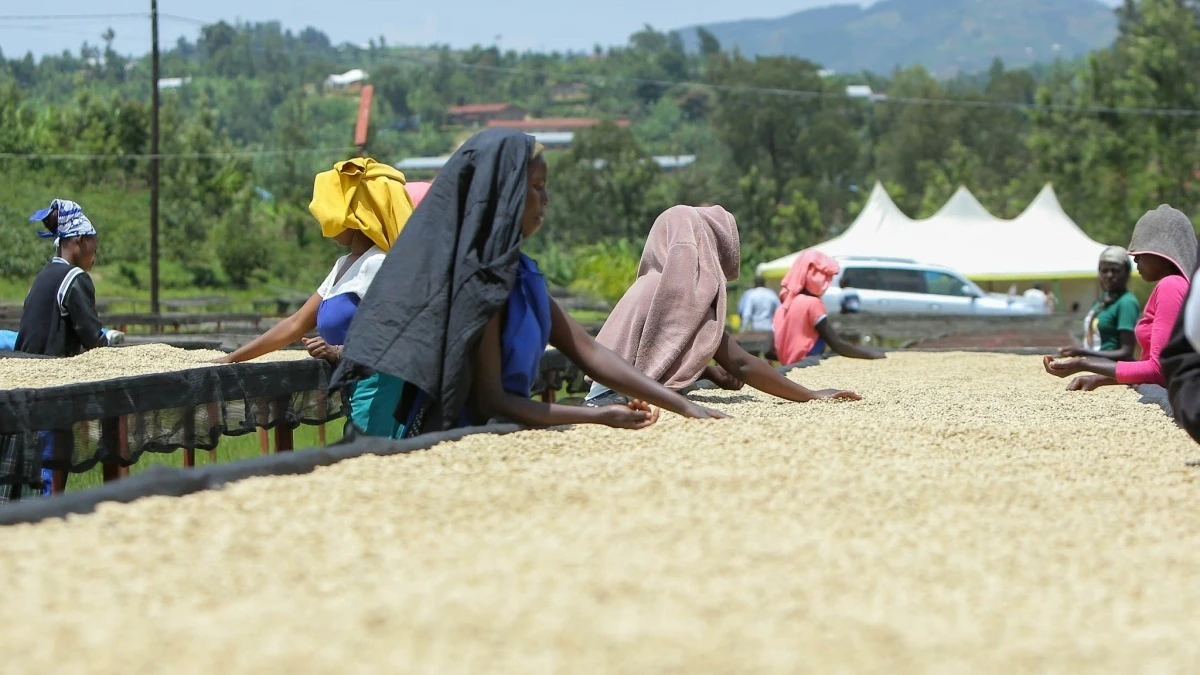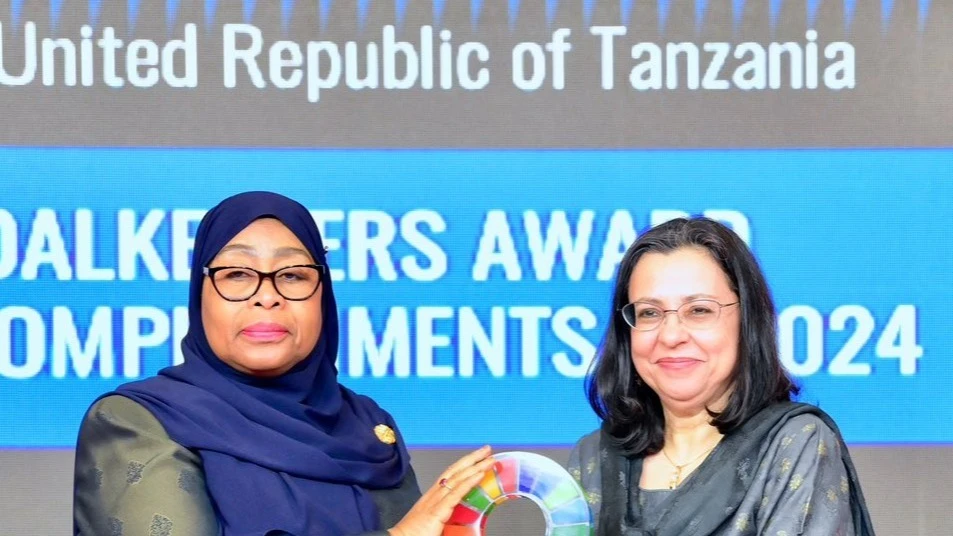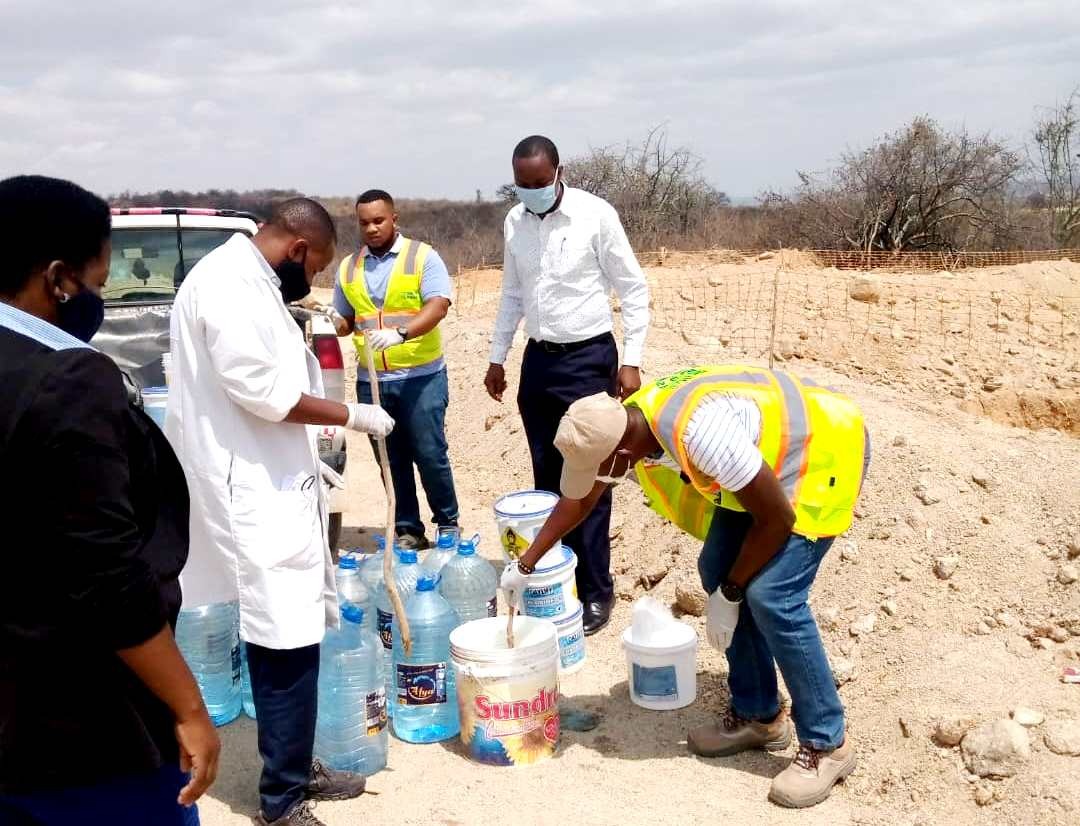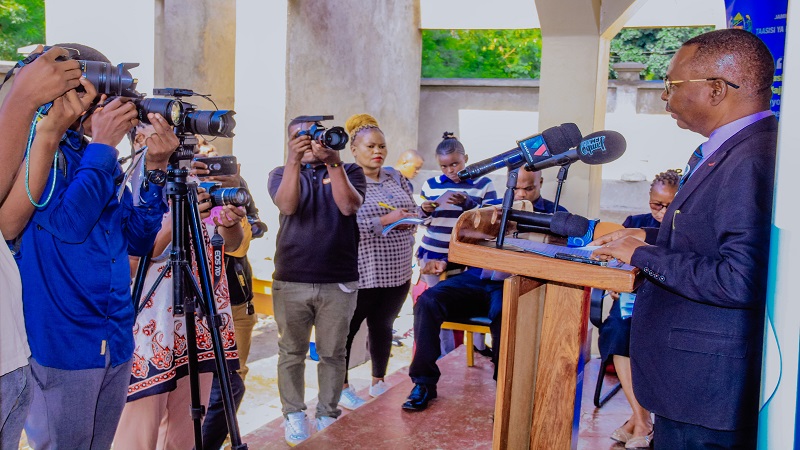Transforming Africa’s coffee sector for sustainable growth

THE 2024 Coffee Farmer Thriving Index published by 60Decibels paints a stark picture of Africa’s coffee industry — one characterised by low profitability, financial vulnerability, and limited value addition at the production level.
While coffee remains a critical export for many African economies, the report highlights the structural inefficiencies that prevent farmers from thriving. At its core, the report underscores a fundamental challenge:
Africa’s coffee sector remains largely extractive, with smallholder farmers bearing the risks of volatile markets and climate shocks while receiving only a fraction of the final product’s value.
This dynamic must change if Africa is to transition from being a raw commodity exporter to a value-added powerhouse. The findings of the report highlight several economic barriers preventing Africa’s coffee industry from achieving sustainable growth.
More than a third of Ugandan coffee farmers reported earning no profit, with 21 per cent operating at a loss. Price volatility and climate-related disruptions make coffee farming an unpredictable livelihood, reinforcing cycles of poverty. Nearly half of coffee farmers in Uganda have no savings, making them vulnerable to economic shocks.
Limited access to credit and financial services further constrains their ability to invest in productivity-enhancing measures such as better seeds, fertilizers, or processing technology. Most coffee farmers sell raw coffee cherries, missing out on the higher margins associated with processing.
Despite coffee’s importance as a cash crop, 29 percent of farmers are classified as food insecure, particularly during non-harvest periods. Over-reliance on coffee income without diversified revenue streams exacerbates this problem.
Africa’s coffee sector operates within a global value chain that extracts wealth at the farm level while enriching players further down the supply chain. Farmers often receive only a small fraction of the final retail price, with profits concentrated among processors, traders, and multinational brands.
This perpetuates a colonial-era trade dynamic where African economies remain dependent on raw commodity exports rather than building integrated value chains. A fundamental challenge lies in market structuring.
Coffee remains a globally traded commodity, subject to price volatility dictated by external forces rather than local economic fundamentals. The absence of locally developed value chains means that farmers are price-takers rather than price-setters, leaving them at the mercy of international market fluctuations.
To address these gaps and ensure that Africa retains more value from its coffee industry, a strategic shift is required across policy, finance, and market structures.
Africa must break free from the raw commodity export model by investing in coffee processing infrastructure. Governments and private investors should develop processing plants to roast, grind, and package coffee locally.
This would allow African businesses to capture more of the final retail price, rather than exporting raw beans for processing abroad. Countries like Ethiopia have already seen success by restricting raw coffee exports, forcing local industry development.
Without financial inclusion, smallholder farmers will remain trapped in cycles of subsistence. Governments, central banks, and financial institutions must develop tailored credit programs that offer patient capital, concessional loans, and risk-sharing mechanisms to farmers and cooperatives.
Parametric insurance products should also be expanded to help farmers manage climate-related risks. The African Continental Free Trade Area (AfCFTA) presents an opportunity to build regional coffee processing hubs. Rather than exporting to Europe or Asia, African countries should trade more coffee within the continent, developing local consumption markets in urban centres.
Encouraging intra-African trade will help stabilise demand, reduce reliance on global market fluctuations, and allow African businesses to scale. Technology must be leveraged to expand access to precision farming techniques, soil testing, and climate adaptation strategies.
Digital platforms can provide real-time market information, weather alerts, and agronomic advice. Africa’s coffee industry stands at a crossroads. It can either continue exporting raw beans or remain at the mercy of global price fluctuations, or it can build integrated value chains, capture more economic value, and transform coffee farming into a thriving, sustainable industry.
This shift requires bold policymaking, strategic investments, and a rethinking of Africa’s place in the global coffee economy. Financial inclusion, value addition, regional trade integration, and climate adaptation must be at the heart of this transformation.
If Africa is to break free from the cycle of commodity dependency, the coffee sector offers a clear test case. The solutions exist—what is needed now is the political will, investment, and commitment to make Africa’s coffee farmers truly thrive.
Top Headlines
© 2025 IPPMEDIA.COM. ALL RIGHTS RESERVED

























